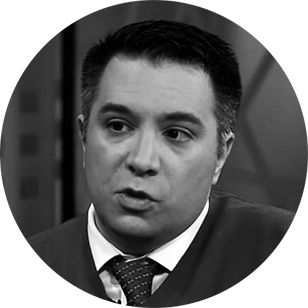China doesn't want Trump to say hello to Taiwan's president. He should do it anyway.
Just say hi to Tsai
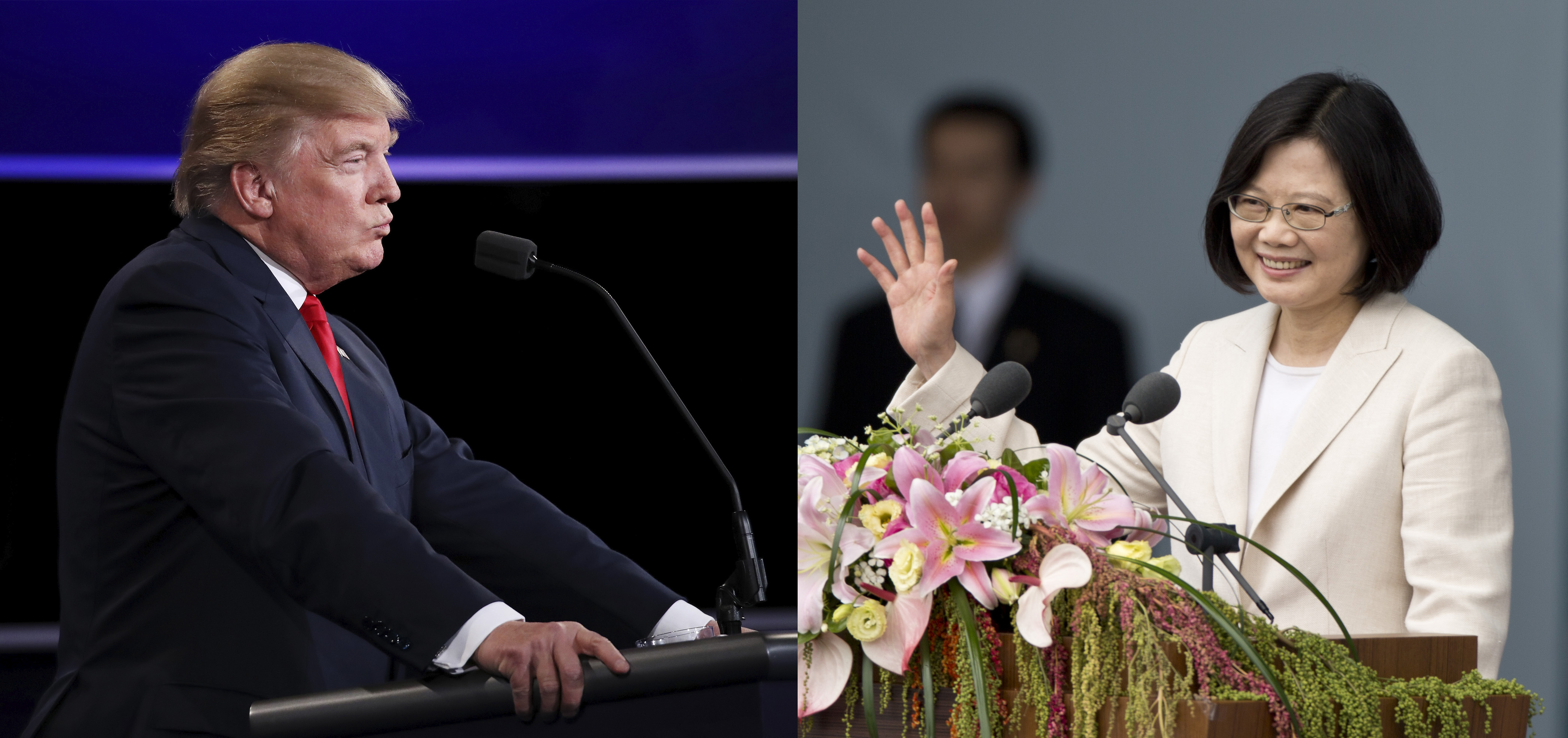
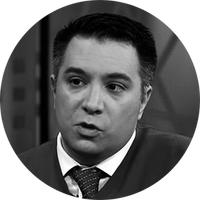
China is on the move. From transforming man-made islands into military bases to bullying neighbors to stealing potentially trillions of dollars of intellectual property and military secrets, Beijing seeks not only to dominate Asia but to transform itself into a 21st-century superpower.
How to handle the rise of the People's Republic has baffled American foreign policy thinkers on both sides of the aisle for nearly a decade. But there is a simple action the Trump administration could take that would at least show China that America will not allow its aggression to go unchecked: President Trump should travel to Houston later this week and meet with Taiwan's President Tsai Ing-wen.
Greeting the leader of one of the most vibrant democracies in Asia as she briefly stops in America as part of an overseas trip might sound innocent, even trivial, but it would be loud and clear to Beijing. It would help reinforce the peaceful status-quo that has brought prosperity to Asia for decades, demonstrating that Team Trump will stand with crucial allies and partners in their hour of need. It would also prove that things like human rights, sovereignty, democracy, and respect for international law are key components of the Trump foreign policy agenda.
The Week
Escape your echo chamber. Get the facts behind the news, plus analysis from multiple perspectives.

Sign up for The Week's Free Newsletters
From our morning news briefing to a weekly Good News Newsletter, get the best of The Week delivered directly to your inbox.
From our morning news briefing to a weekly Good News Newsletter, get the best of The Week delivered directly to your inbox.
Such a meeting wouldn't come out of the blue but would build on recent actions by the administration. First, at the end of 2016, when Trump was president-elect, he accepted a call from President Tsai. The conversation was short and mostly filled with pleasantries — seemingly a normal courtesy call from the sitting president of one country to the future leader of another. And yet, this seemingly innocent act spooked Beijing. The Chinese feared Trump could move America closer to what Beijing considers a breakaway island province.
At the time, many analysts dismissed the call as yet another amateur move from a national security rookie probably unaware of the fact that China considers Taiwan a "core interest" and has threatened to invade if it does not someday return to the fold. But in the year and a half that followed, the administration has indeed attempted to recalibrate its ties with Taipei.
While Washington still does not recognize the island nation as a sovereign state — it dropped formal diplomatic recognition in order to open relations with China in the late 1970s — Taiwan is no longer an outcast in Washington's elite diplomatic circles. More American arms will soon flow to Taipei. There's also talk of Taiwan purchasing the F-35 stealth fighter in the future as well as greater efforts at more formal defense cooperation.
All of that is welcomed news, but more must be done to ensure Taiwan does not slowly lose what little international freedom it has. Over the past several years, China has bought off the few diplomatic allies Taiwan has left (down to just 18 nations with formal ties now). Beijing regularly flies many of its most advanced naval and fighter aircraft close to the island, causing Taiwanese military officials to scramble forces, increasing the chance of accidental conflict. China also uses its vast economic leverage over Taiwan to ensure if it ever were to become too close to America or consider formal independence it would mean financial ruin.
A free daily email with the biggest news stories of the day – and the best features from TheWeek.com
In the game of international politics words and deeds matter. If President Trump were to publicly meet with President Tsai, even for just an hour, it would send a powerful message to China that no matter how strong she becomes, she cannot subjugate the nations around her. It would demonstrate that Washington will not allow China's rise to become Asia's downfall.
Just this one meeting would make a more powerful statement than any trade war, oddball tweet, or mean-spirited play on words.
Mr. President, go to Houston.
Harry J. Kazianis is director of defense studies at the Center for the National Interest, founded by former U.S. President Richard M. Nixon.
-
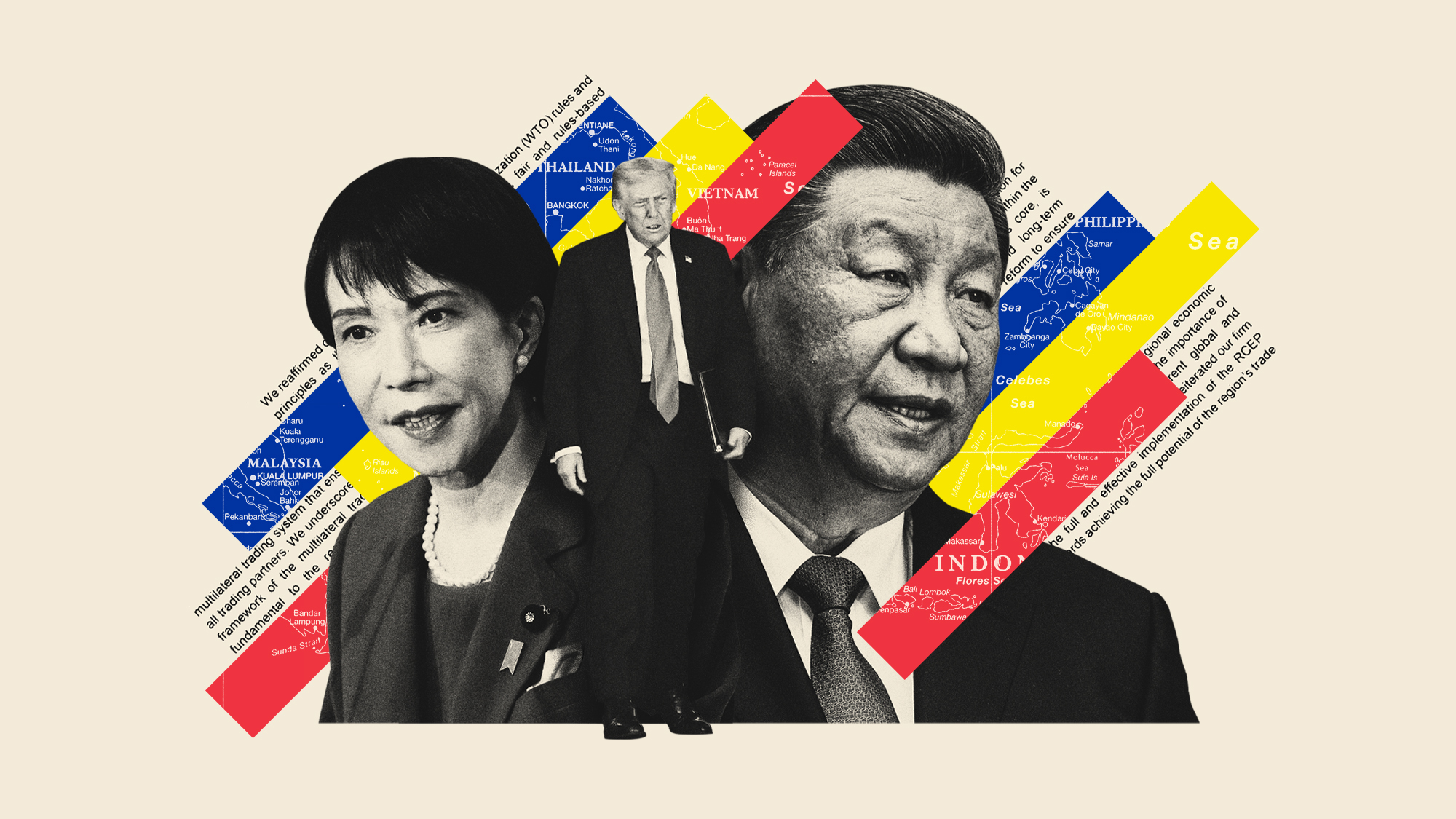 Donald Trump’s week in Asia: can he shift power away from China?
Donald Trump’s week in Asia: can he shift power away from China?Today's Big Question US president’s whirlwind week of diplomacy aims to bolster economic ties and de-escalate trade war with China
-
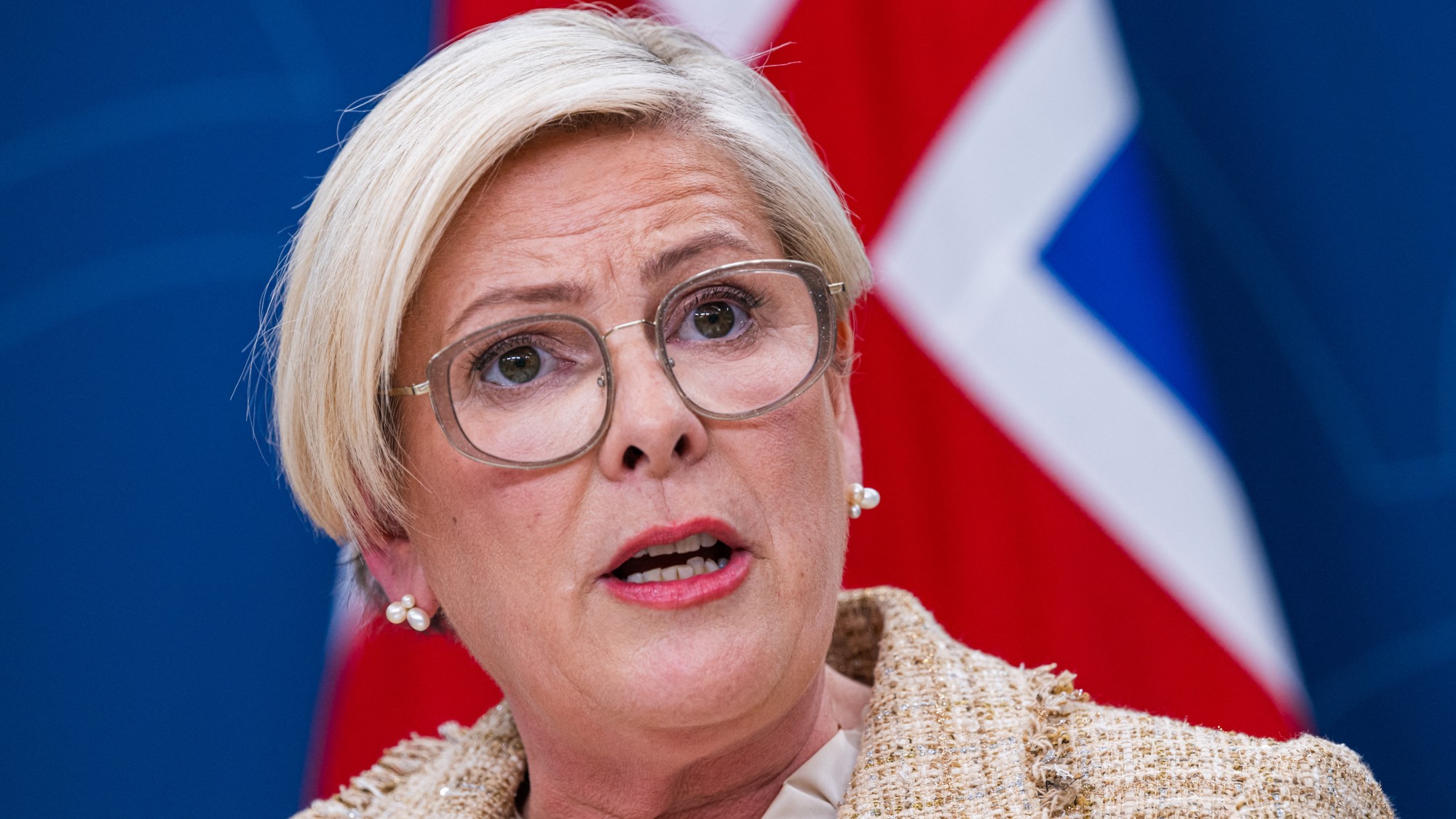 The Icelandic women’s strike 50 years on
The Icelandic women’s strike 50 years onIn The Spotlight The nation is ‘still no paradise’ for women, say campaigners
-
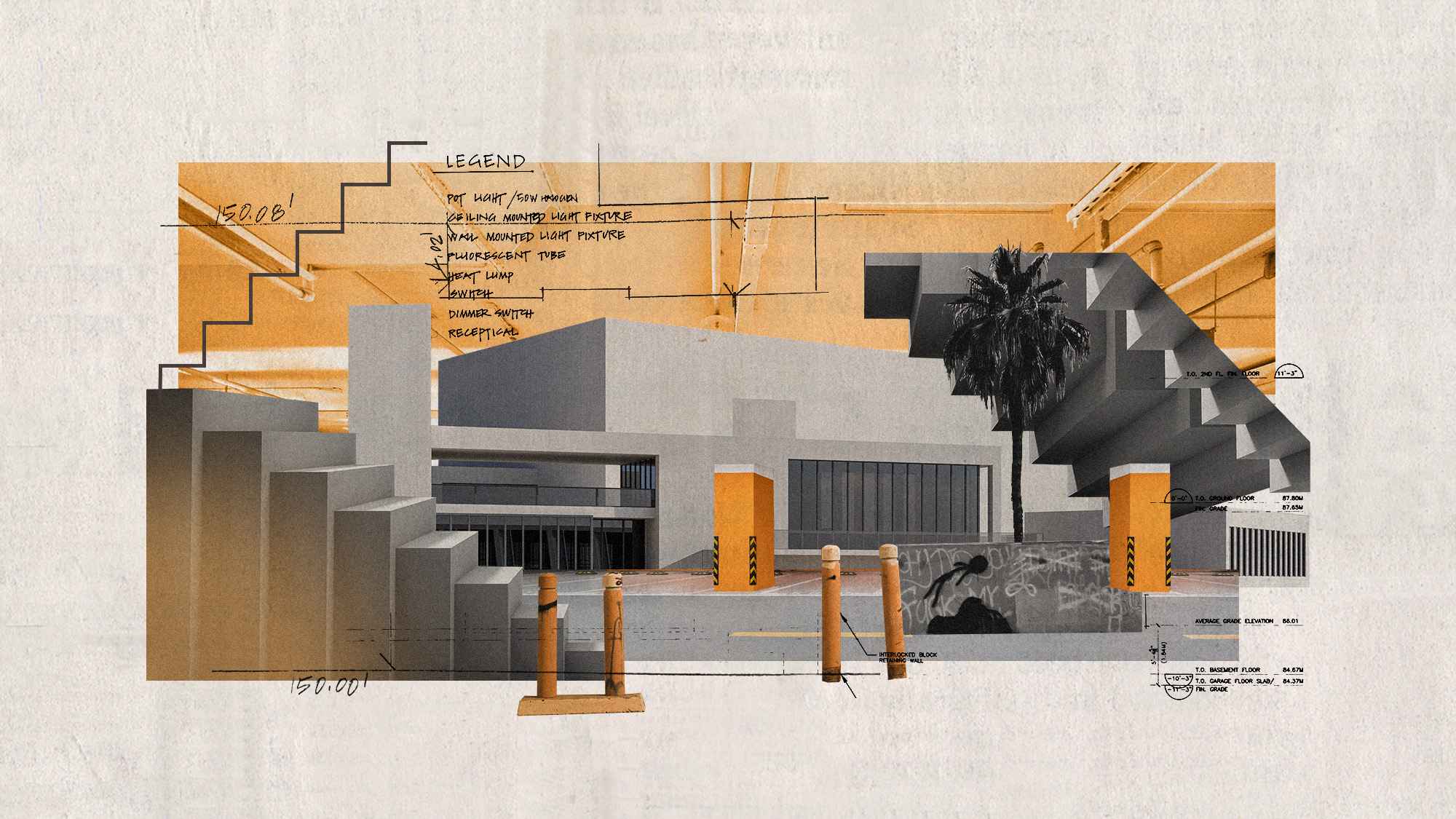 Mall World: why are people dreaming about a shopping centre?
Mall World: why are people dreaming about a shopping centre?Under The Radar Thousands of strangers are dreaming about the same thing and no one sure why
-
 Sanae Takaichi: Japan’s Iron Lady set to be the country’s first woman prime minister
Sanae Takaichi: Japan’s Iron Lady set to be the country’s first woman prime ministerIn the Spotlight Takaichi is a member of Japan’s conservative, nationalist Liberal Democratic Party
-
 Russia is ‘helping China’ prepare for an invasion of Taiwan
Russia is ‘helping China’ prepare for an invasion of TaiwanIn the Spotlight Russia is reportedly allowing China access to military training
-
 Interpol arrests hundreds in Africa-wide sextortion crackdown
Interpol arrests hundreds in Africa-wide sextortion crackdownIN THE SPOTLIGHT A series of stings disrupts major cybercrime operations as law enforcement estimates millions in losses from schemes designed to prey on lonely users
-
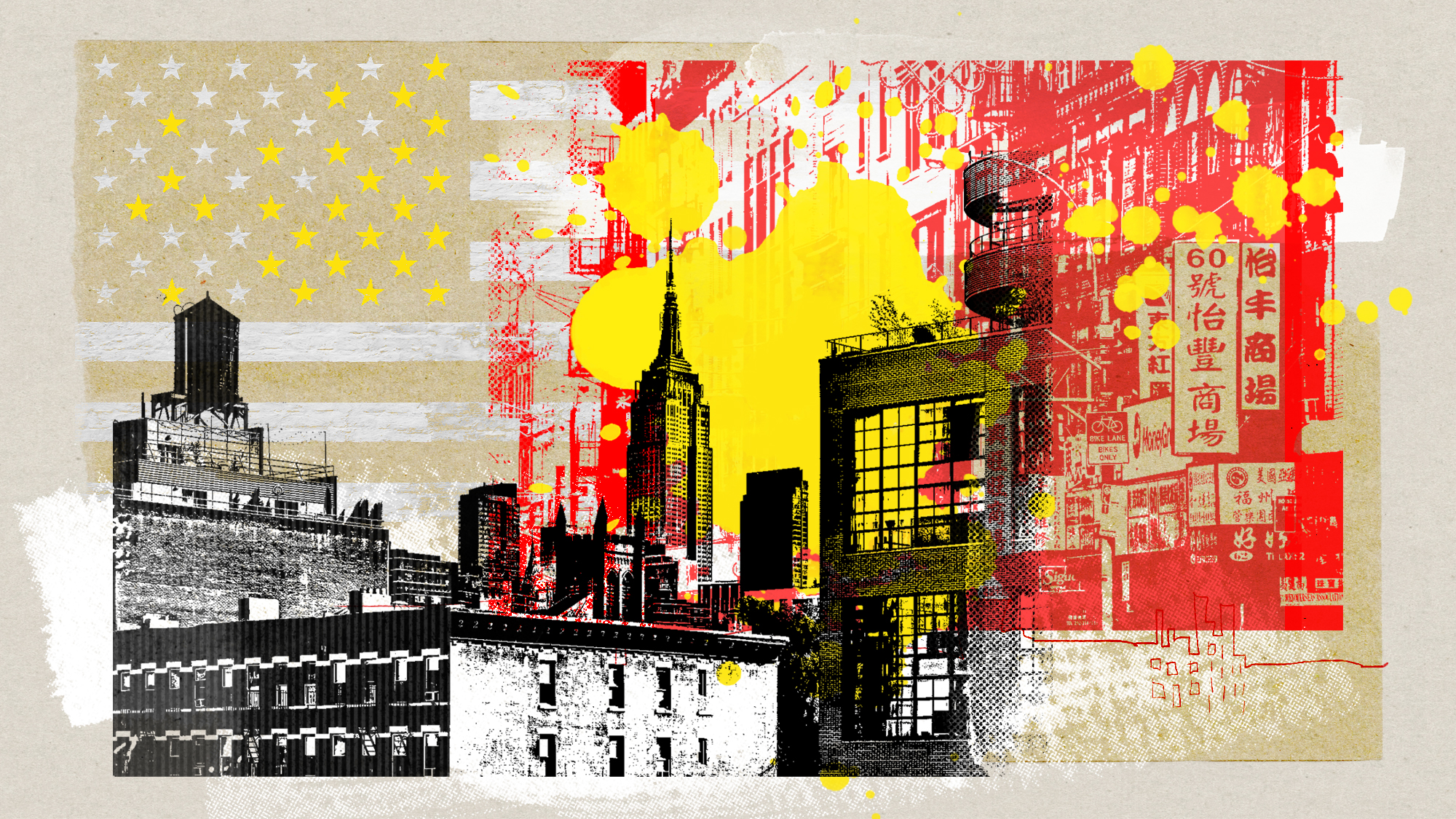 China is silently expanding its influence in American cities
China is silently expanding its influence in American citiesUnder the Radar New York City and San Francisco, among others, have reportedly been targeted
-
 How China uses 'dark fleets' to circumvent trade sanctions
How China uses 'dark fleets' to circumvent trade sanctionsThe Explainer The fleets are used to smuggle goods like oil and fish
-
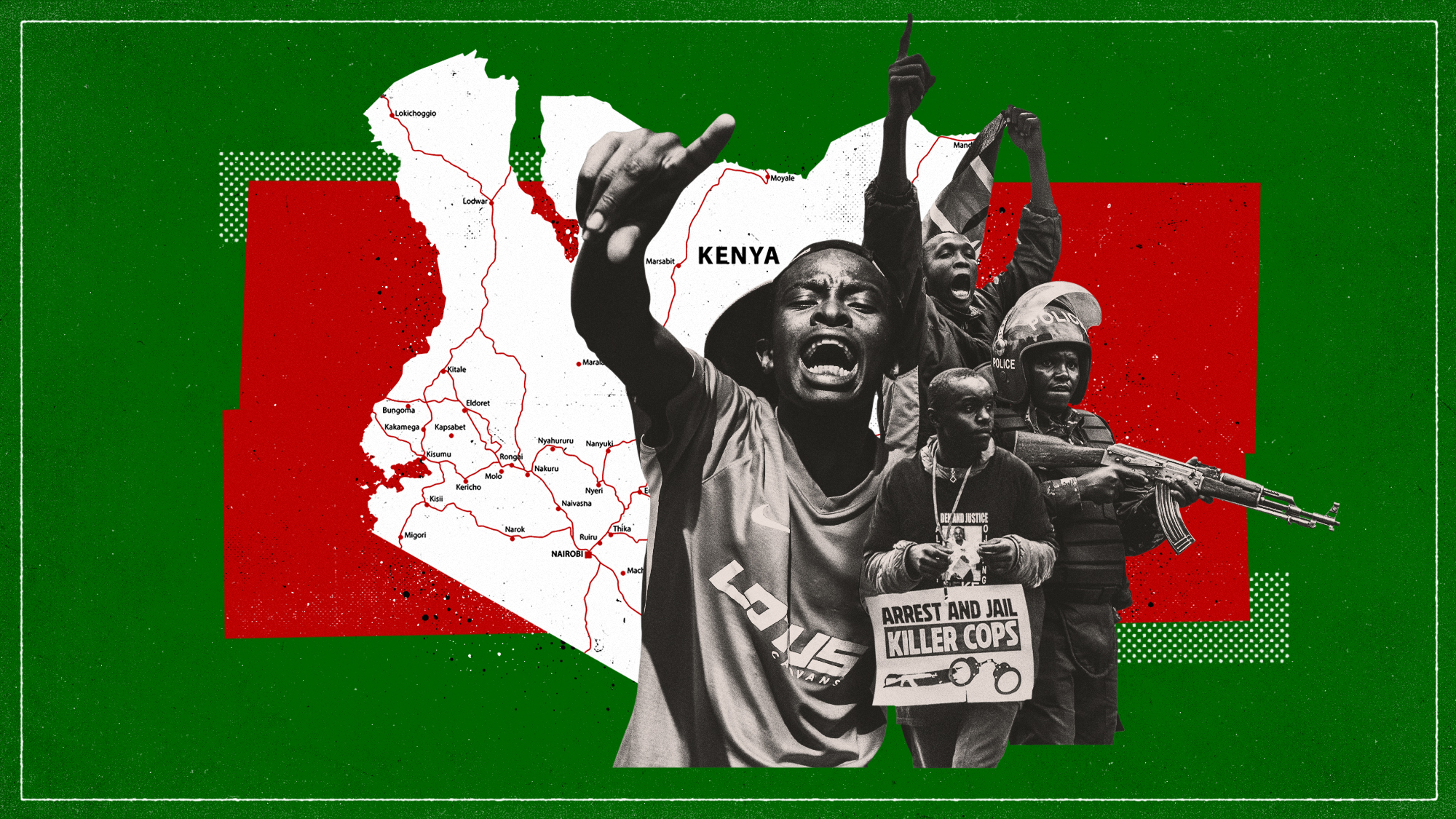 One year after mass protests, why are Kenyans taking to the streets again?
One year after mass protests, why are Kenyans taking to the streets again?today's big question More than 60 protesters died during demonstrations in 2024
-
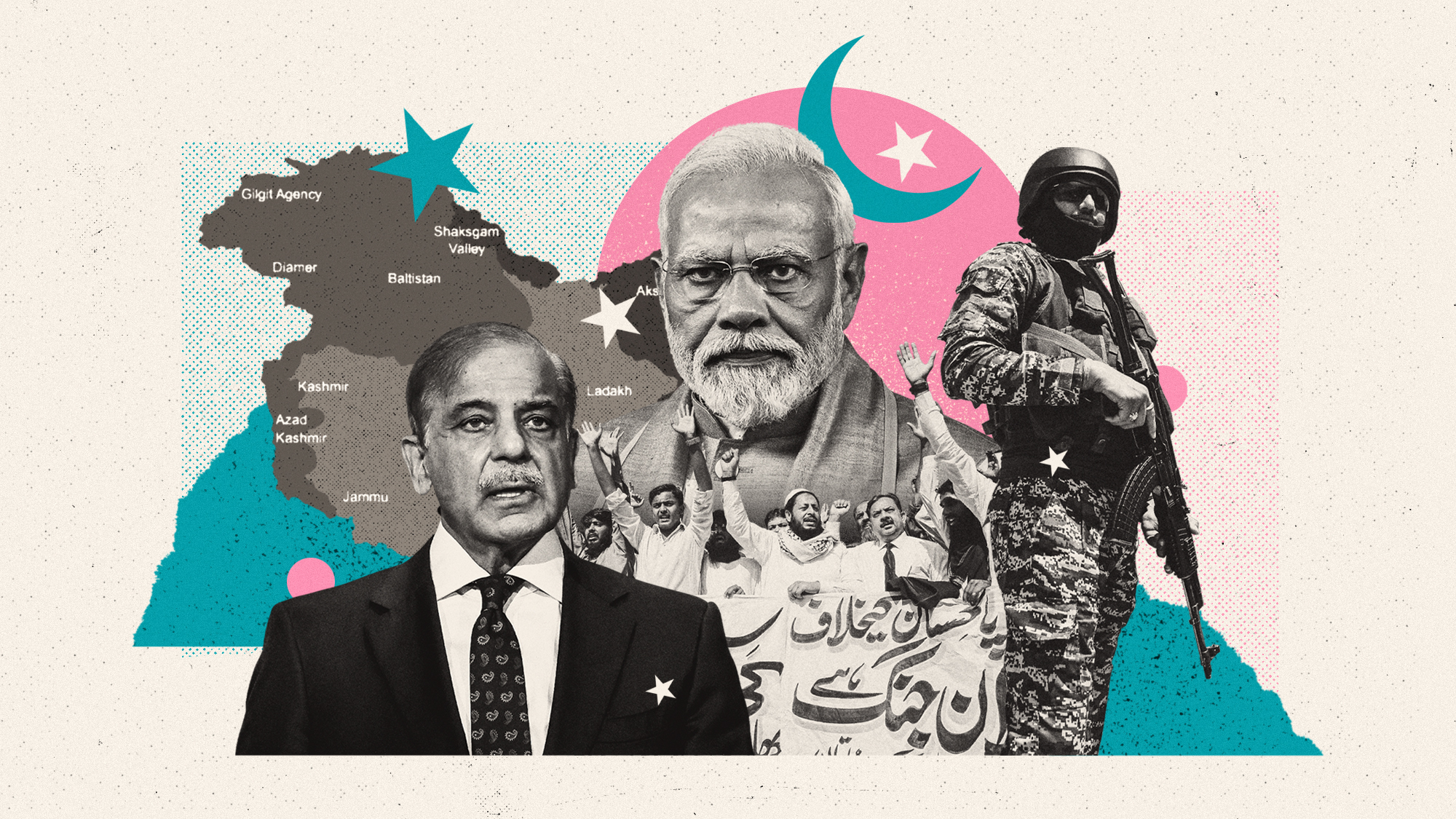 What happens if tensions between India and Pakistan boil over?
What happens if tensions between India and Pakistan boil over?TODAY'S BIG QUESTION As the two nuclear-armed neighbors rattle their sabers in the wake of a terrorist attack on the contested Kashmir region, experts worry that the worst might be yet to come
-
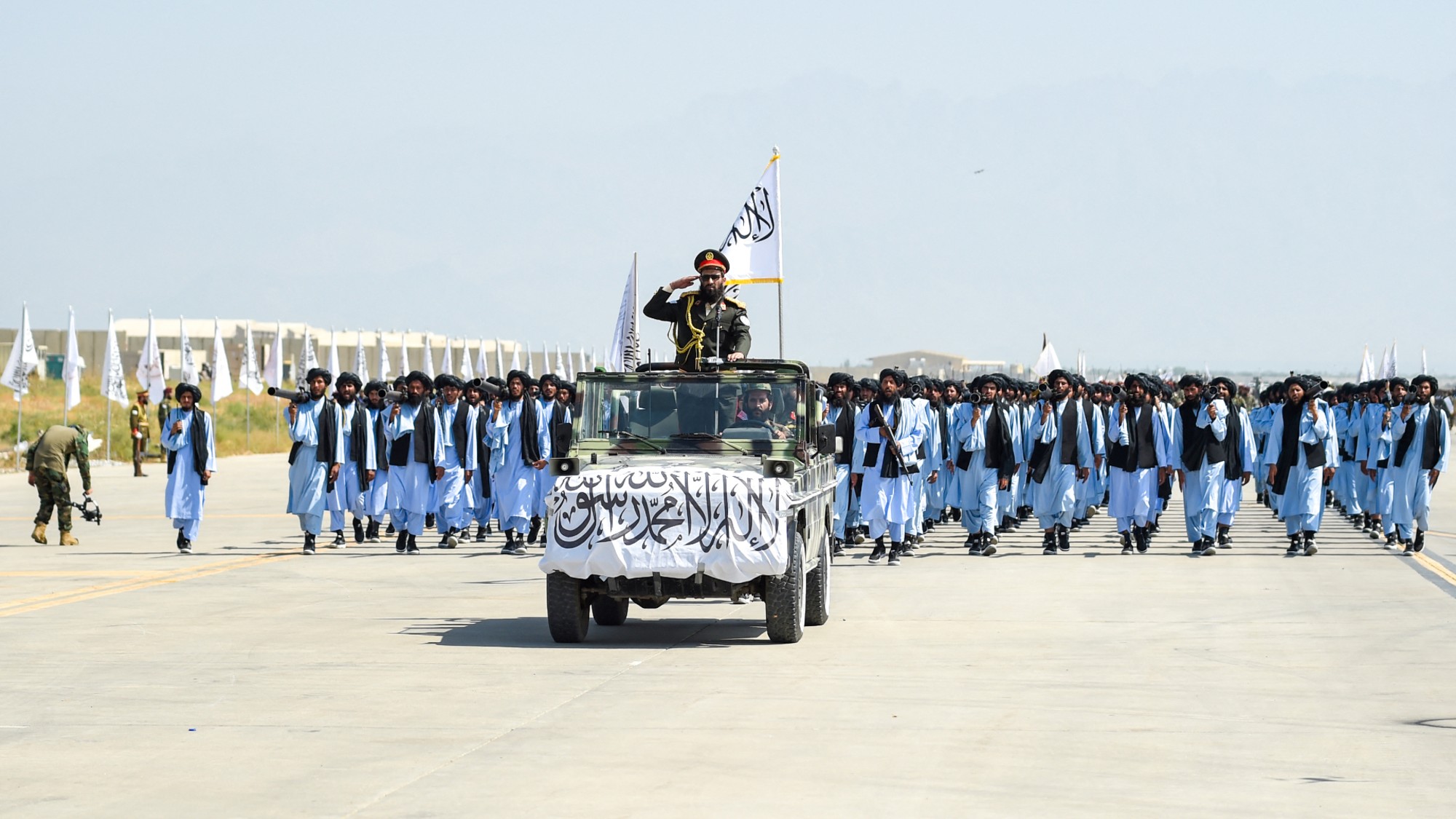 Why Russia removed the Taliban's terrorist designation
Why Russia removed the Taliban's terrorist designationThe Explainer Russia had designated the Taliban as a terrorist group over 20 years ago
